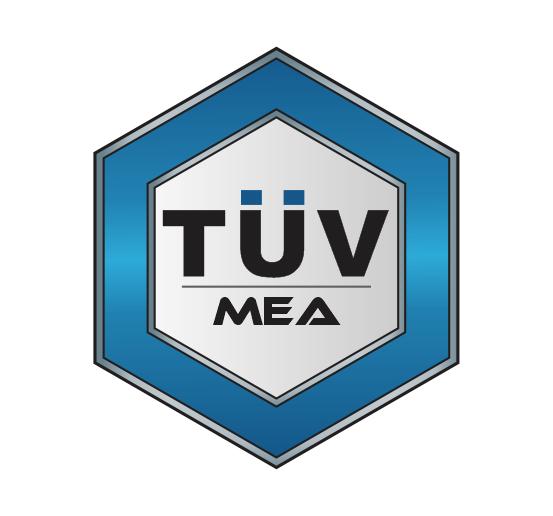ISO Certification Process
ISO (International Organization for Standardization) auditing and certification are essential processes that help businesses meet internationally recognized quality and management standards. These standards are designed to ensure that businesses operate efficiently, deliver high-quality products and services, and follow best practices in various areas. Here are the key details and steps involved in ISO auditing and certification for businesses:


Selecting the Appropriate ISO Standard
The first step is to identify the specific ISO standard that is relevant to your business. Some common ISO standards include ISO 9001 (Quality Management), ISO 14001 (Environmental Management), ISO 27001 (Information Security Management), and many more.
Preparing for the Audit
Before the certification audit, businesses need to implement the requirements of the chosen ISO standard. This often involves process improvements, documentation, and employee training to align with the standard’s criteria.
Internal Audit
Conduct an internal audit to assess the organization’s readiness for the ISO certification audit. This internal audit is a self-assessment of your compliance with the standard.
Selecting a Certification Body – TUV MEA for processing the ISO Certification: Choose TUV as a certification body to conduct the ISO certification audit.
Stage 1 Audit (Documentation Review)
In the first stage of the certification audit, the TUV MAE certification body reviews your documentation and assesses your readiness to proceed with the main audit.
Stage 2 Audit (On-site Audit)
The second stage involves an on-site audit where auditors examine your processes, procedures, and operations to verify that you are meeting the ISO standard’s requirements.
Certification Decision
After the stage 2 audit, the TUV MEA certification body will make a decision regarding whether to grant ISO certification. If successful, you will receive an ISO certificate.
Benefits of ISO Auditing and Certification
ISO standards focus on quality management, leading to improved product or service quality, which can enhance customer satisfaction.
ISO standards emphasize efficient processes and workflows, leading to increased operational efficiency and cost savings.
ISO certification is recognized globally, making it easier to access international markets and compete on a global scale.
ISO certification can give your business a competitive edge by demonstrating your commitment to quality and customer satisfaction.
ISO standards often include risk management practices, helping businesses identify and mitigate potential risks and vulnerabilities.
ISO standards promote consistency and standardization in processes and operations, reducing errors and variability.
Achieving ISO certification can help ensure compliance with relevant laws and regulations.
ISO certification signals to customers that your business is committed to meeting international standards, which can increase their trust and confidence in your products or services.
ISO standards often involve employee training and development, which can boost employee morale and engagement.
Certain ISO standards, like ISO 14001, focus on environmental responsibility, while others, like ISO 26000, emphasize social responsibility, which can align your business with sustainability goals and ethical practices.
In conclusion, ISO auditing and certification offer businesses a framework for continuous improvement, increased competitiveness, and the ability to meet international standards. The benefits include improved quality, efficiency, market access, and overall business performance.
